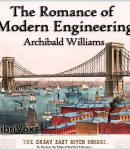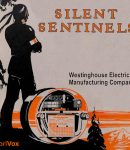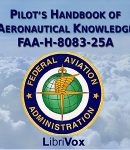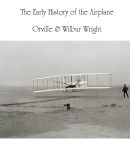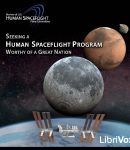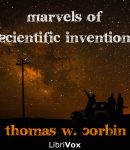
Marvels of Scientific Invention
This is a chronicle of the 19 most interesting inventions of the early 20th century. Some of the inventions are still in use and of considerable impact today, while others are examples of the strong belief in progress prevalent at the time would probably be frowned upon today. In this way, the author’s account of how ice was made at the time will still be very interesting for readers today, but an account of how dynamite was going to be used in farming may be seen as humorous to the contemporary reader. The subjects are as varied as science herself is, and any reader and listener should find a subject matching his or her own taste. – Summary by Carolin [chương_files]
